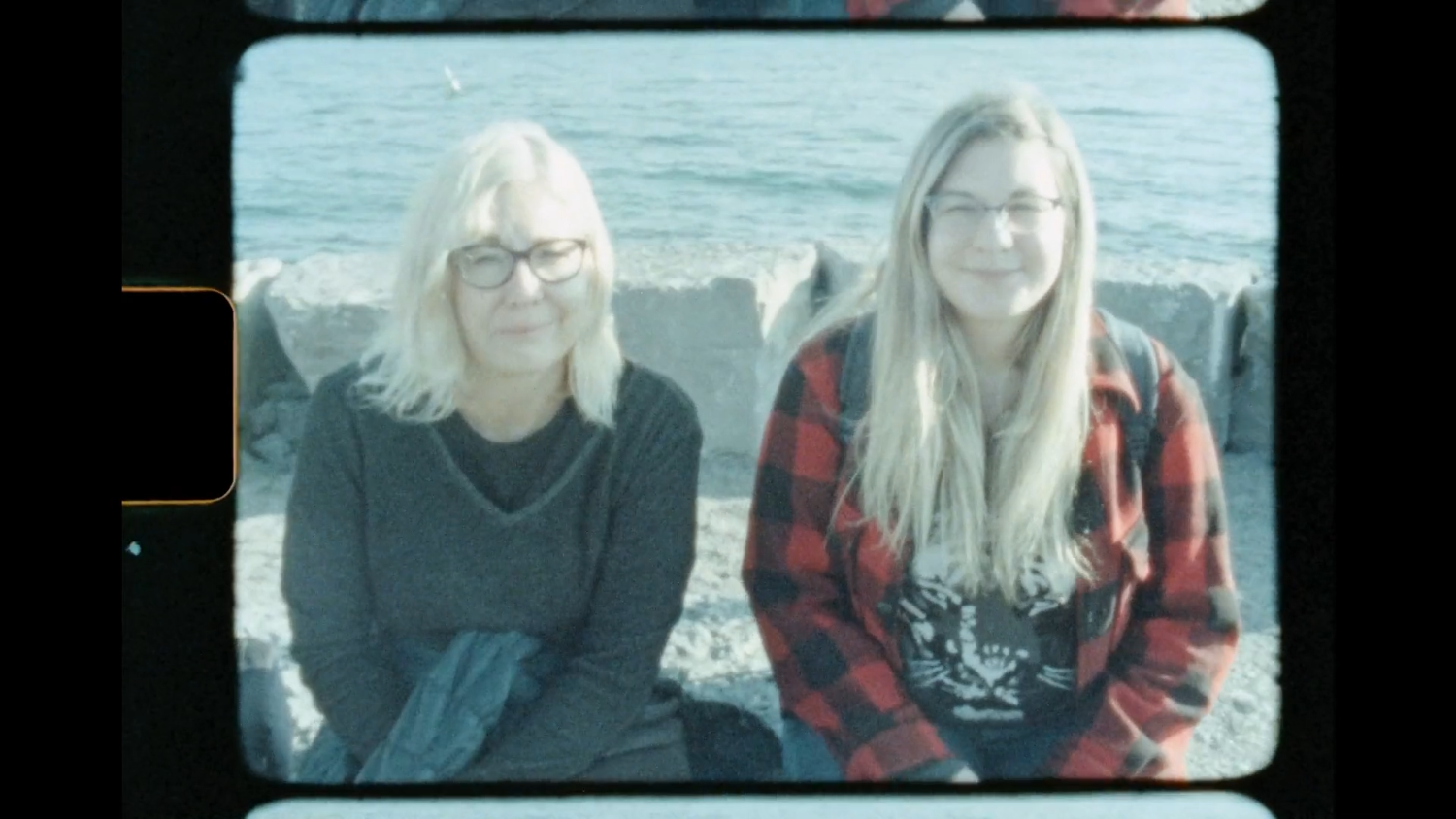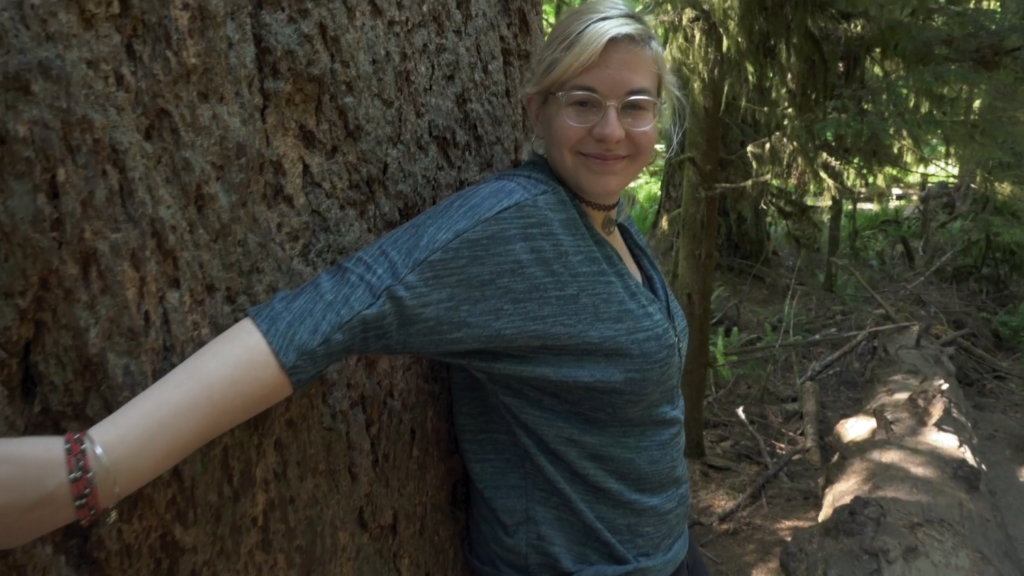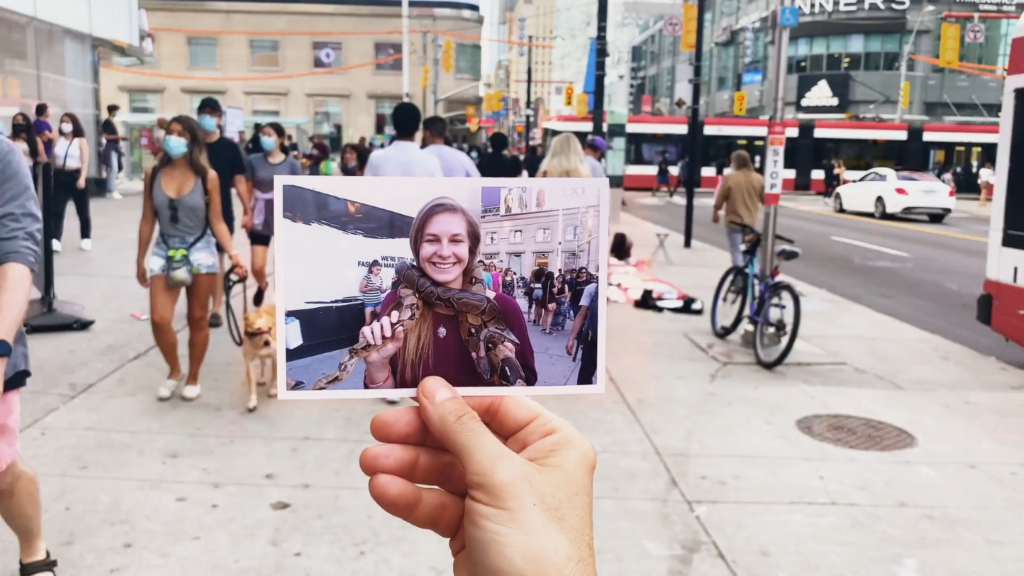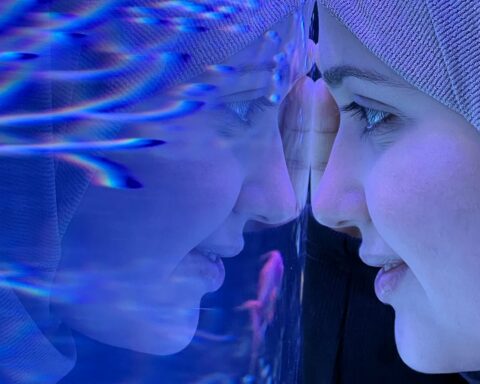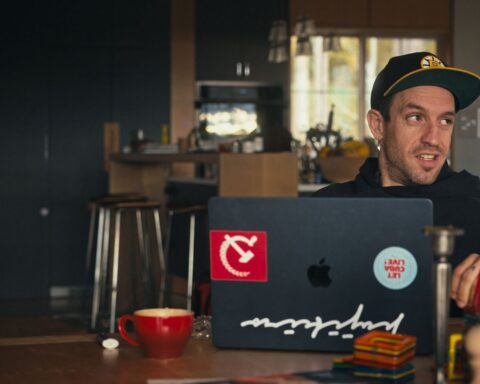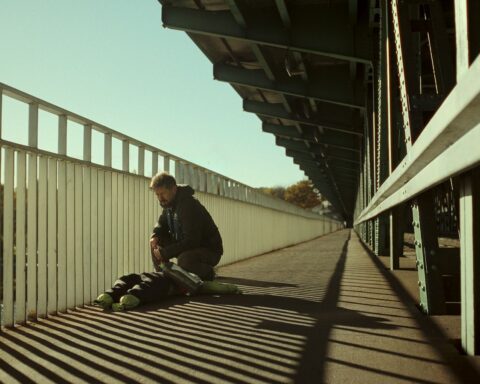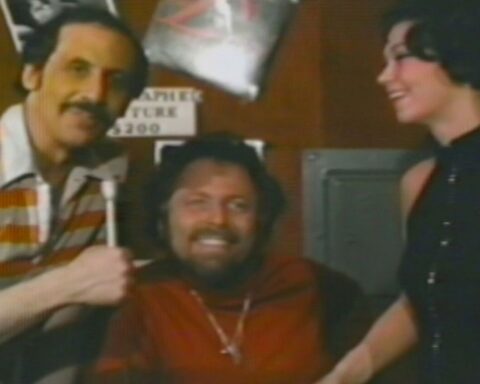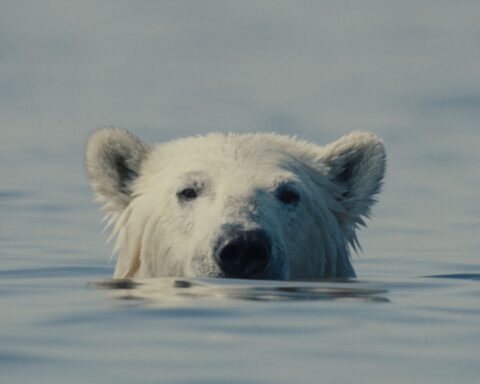Drunk on Too Much Life is a personal film, a meditation on the narratives that dominate discussion about mental illness, and a love letter to peer support workers.
The closing night film at Rendezvous with Madness festival earlier this month, it explores the different ways to think about mental illness, beyond the biomedical approach.
Directed by Michelle Melles, and co-written by her husband Pedro Orrego, the film started in 2017 as a way to work out their frustration navigating through the mental health journey of their daughter Corrina. The film positions Corrina on a hero’s journey, something that Melles felt was essential to the film’s narrative arc. “That’s kind of seen as a cliche nowadays in documentary, but in the mental health world it’s really important,” says the director. “You go into the world, fight your demons and monsters, meet all these people along the way on your journey, and then you come back and share your elixirs with the world.”
It proved to be difficult, capturing this journey of their daughter, oftentimes putting aside the film and Corrina’s participation when she was in crisis. The ethics of capturing mentally unwell film subjects proved to be challenging, especially with such a close personal story. Melles ensured that she was only filming her subjects when they were lucid and well.
“We could have shown more, but there were times when we were shooting where we were like ‘this is wrong, we have to be collaborators and equal participants,’” she says. To that end, oftentimes they’d exchange the big cameras for cell phone cameras in order to make their film subjects feel comfortable, and to capture more authentic moments. “There were times where [Corrina] would be like,’ stop filming,’ so we’d stopped.”
Instead, the film focused on the art, music, poetry and peer support that got Corrina through some of her trying times. In addition, Heather Frise’s animation work can be seen throughout the film, illustrating how people with mental illnesses can have an enhanced vision at times, showing their perceptions and visionary points-of-view.
Melles took a cue from documentary filmmaker Jennifer Baichwal, seeing her role of film director as keeping her film’s immune system strong. “I thought that was really beautiful. It’s like you’re the mother, you’re organized, you’re making sure the ethics are good,” she says. “That’s how I saw myself in my role, and Pedro and I were full creative collaborators. We’re story writers by training so we both wrote the story.”
Melles hopes that her film changes the language, and the story, of what gets called mental illness. “Rather than seeing ourselves as diseased or disordered, we see ourselves as having dangerous gifts that need to be cultivated and taken care of,” she says. “If we see within only a reductionistic, diagnostic lens, we don’t see the humanity of that person, and all the other gifts that come with their expressions, like art, music and poetry.”




